What is Hkcmd.exe/Module? How to Remove it?
Find out everything about this file on your PC
3 min. read
Updated on
Read our disclosure page to find out how can you help Windows Report sustain the editorial team. Read more
Key notes
- There are hundreds of system files on your PC, so you may sometimes encounter some of these Hkcmd files.
- Many users have reported an unknown Hkcmd module, and in today’s article, we will show you what this module is.
- Find out if the Hkcmd module is required at startup and how you can disable this process by reading our guide below.
- You also need to know if you have permission to remove the Hkcmd file and how this can affect the stability of your PC.

Your computer uses dozens of applications in the background and the average user probably hasn’t heard about any of these applications.
Many users reported an application called Hkcmd, and they don’t know what it does. In today’s article, we’re going to take a closer look and tell you what exactly is Hkcmd and if you should remove it.
What is the Hkcmd module in startup?
Hkcmd is a legitimate file, and it’s associated with Intel graphics. The file can usually be found on systems that are using Intel 810 and 815 chipsets.
The actual Hkcmd file is located in the System32 subfolder in the Windows directory.
This file allows you to perform certain keyboard shortcuts and open Intel’s Graphics and Media Control Panel quickly, so it’s not harmful to your PC.
Is Hkcmd needed at startup?
As we previously mentioned, Hkcmd is used only to interpret certain keyboard shortcuts related to Intel graphics.
If you don’t use these keyboard shortcuts, you can disable this process from startup.
Is Hkcmd.exe a virus?
No, Hkcmd is not a virus and it’s a part of Intel’s graphics drivers, which makes it a legitimate file. However, a clever hacker might disguise malware as Hkcmd, but that’s rare.
If you still want to be sure that your system is secure, you can scan this file with reliable antivirus software. Our recommendation offers real-time protection thanks to its holistic technology.
There’s also multi-layer protection, as well as a vulnerability scanner, so it will verify downloaded applications and drivers.
This amazing software offers exquisite protection against all threats including spyware, rootkits, worms, viruses, and even adware. So if security is a priority for you, then it’s worth a try!
Other great features:
- Webcam protection
- Multi-platform support
- Low system requirements
- Top-notch anti-malware protection
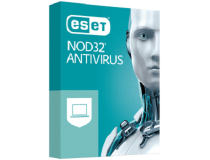
ESET NOD32 Antivirus
ESET NOD32 Antivirus is a fast, reliable and secure antivirus that will keep your PC safe from all online threats. Be sure to try it ou now!Hkcmd module should I remove it?
No, Hkcmd comes with Intel drivers, and removing the file might lead to stability issues.
To remove Hkcmd completely, you’ll need to uninstall Intel(R) Graphics Media Accelerator, but that will lead to reduced multimedia performance.
Unless your antivirus detects Hkcmd as a malicious file, there’s no need to remove it. You can, however, disable it.
How to disable the Hkcmd module?
1. Press the Windows key on your keyboard or the Start button on the taskbar to open Windows Search.
2. In the search box, type control panel and press Enter.
3. The Control Panel window will open.
4. Navigate to Intel Extreme Gfx.
5. Disable the Hot Keys feature.
6. Save the changes and close the window.
Hkcmd can be disabled via Control Panel. What you need to do is disable the Hot Keys feature from Intel Extreme Gfx. After doing that, Hkcmd won’t appear anymore.
Also, if you are looking for a good solution to protect your PC, then check out our best lifetime license antivirus tools and find the proper one for your needs.
Hkcmd is a part of Intel Graphics Media Accelerator, and it’s completely safe, so if you ever encounter this file, you shouldn’t worry about it, unless your antivirus detects it as malware.
Write down in the comments section below any thoughts or questions you have about this topic.
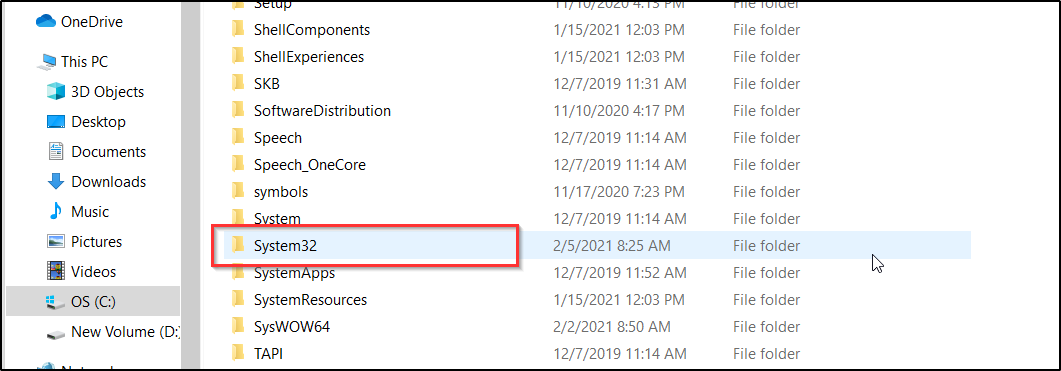
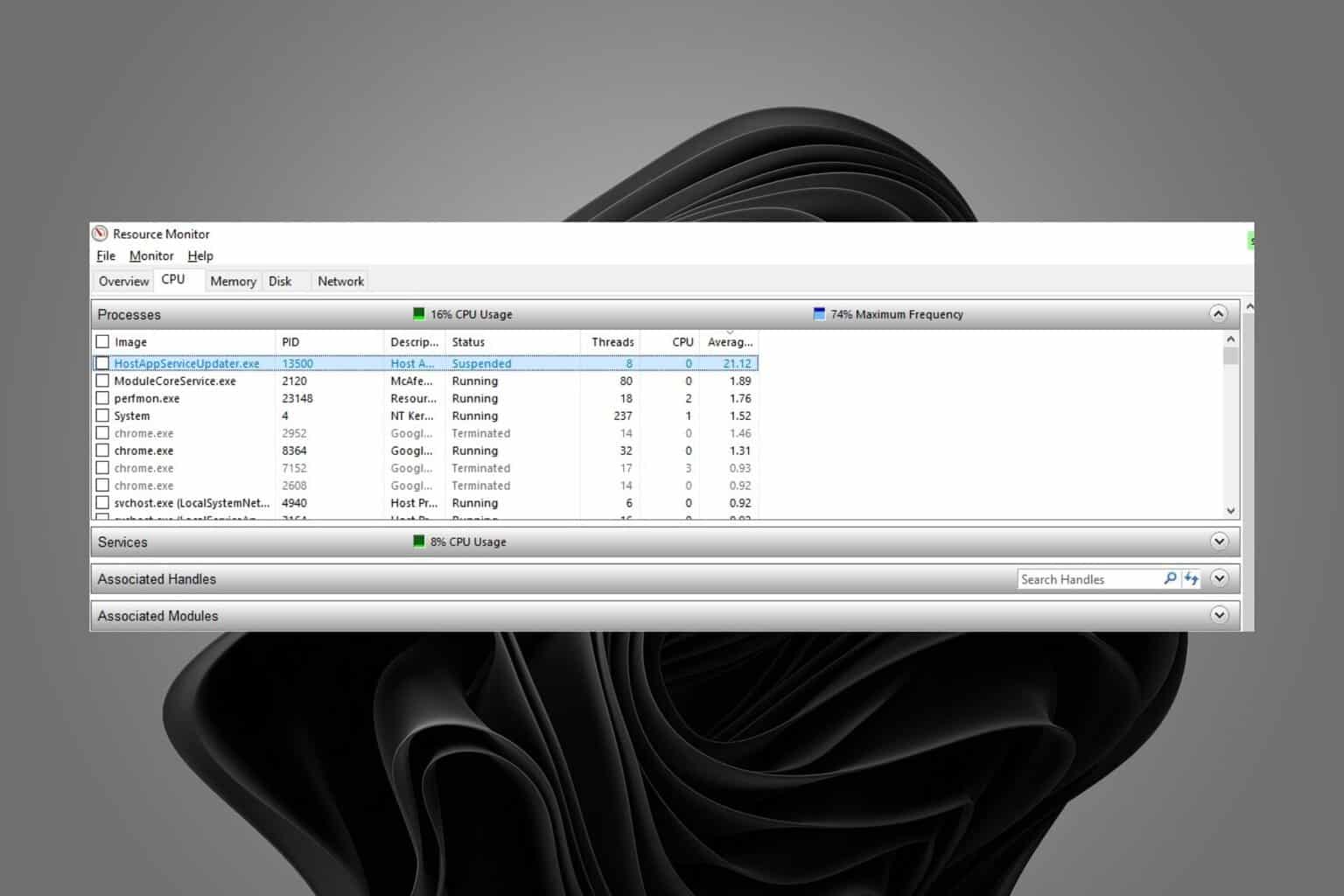
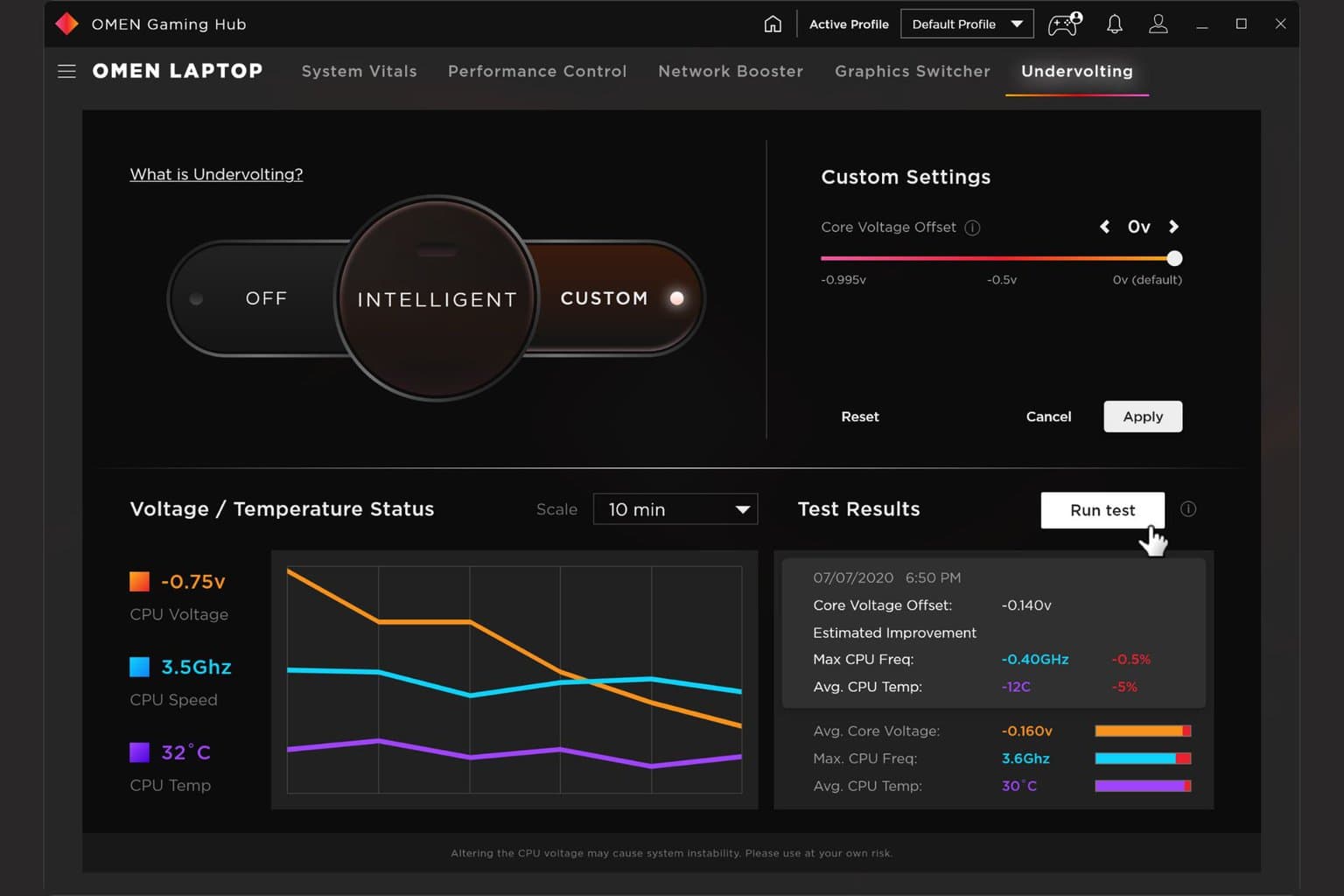
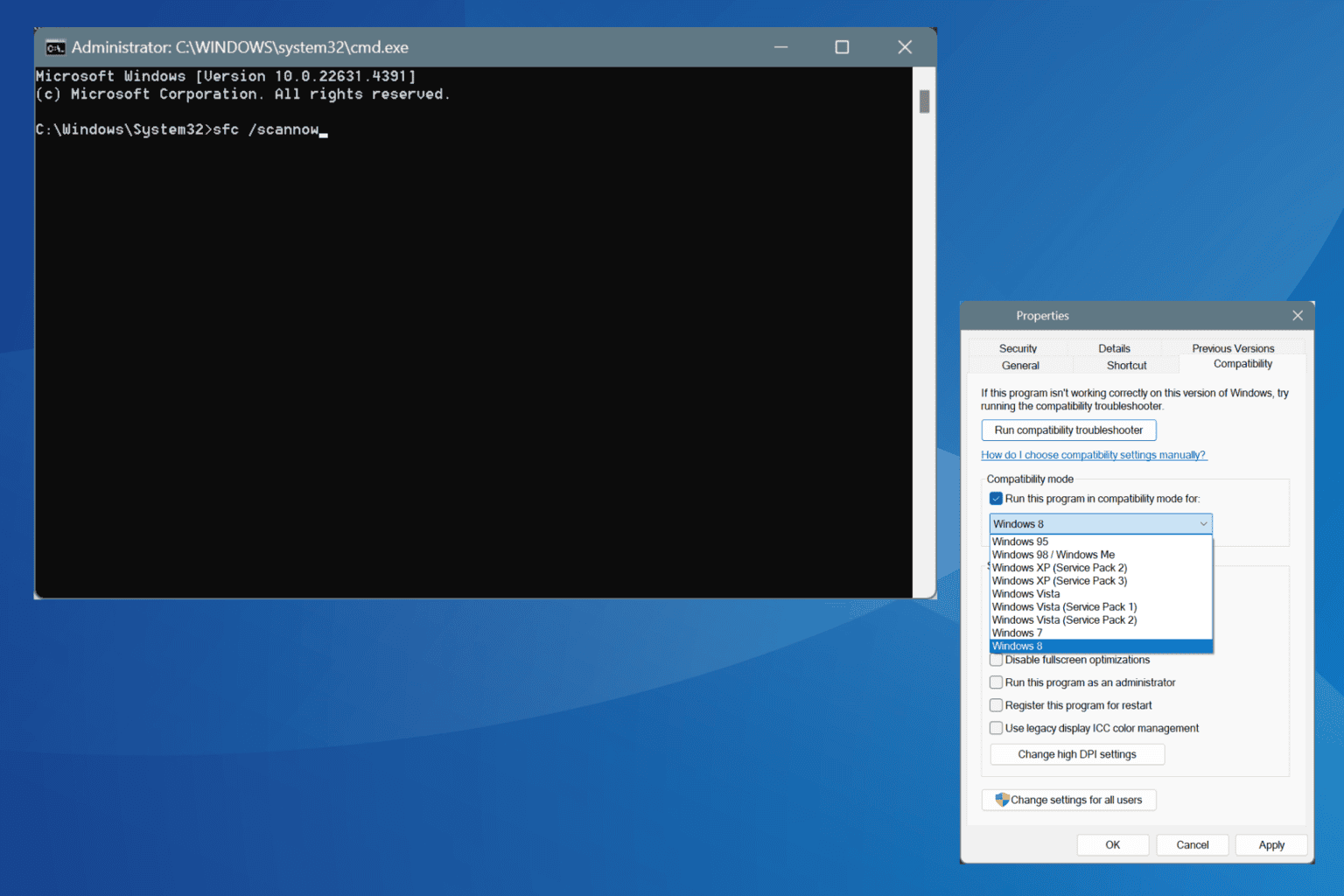
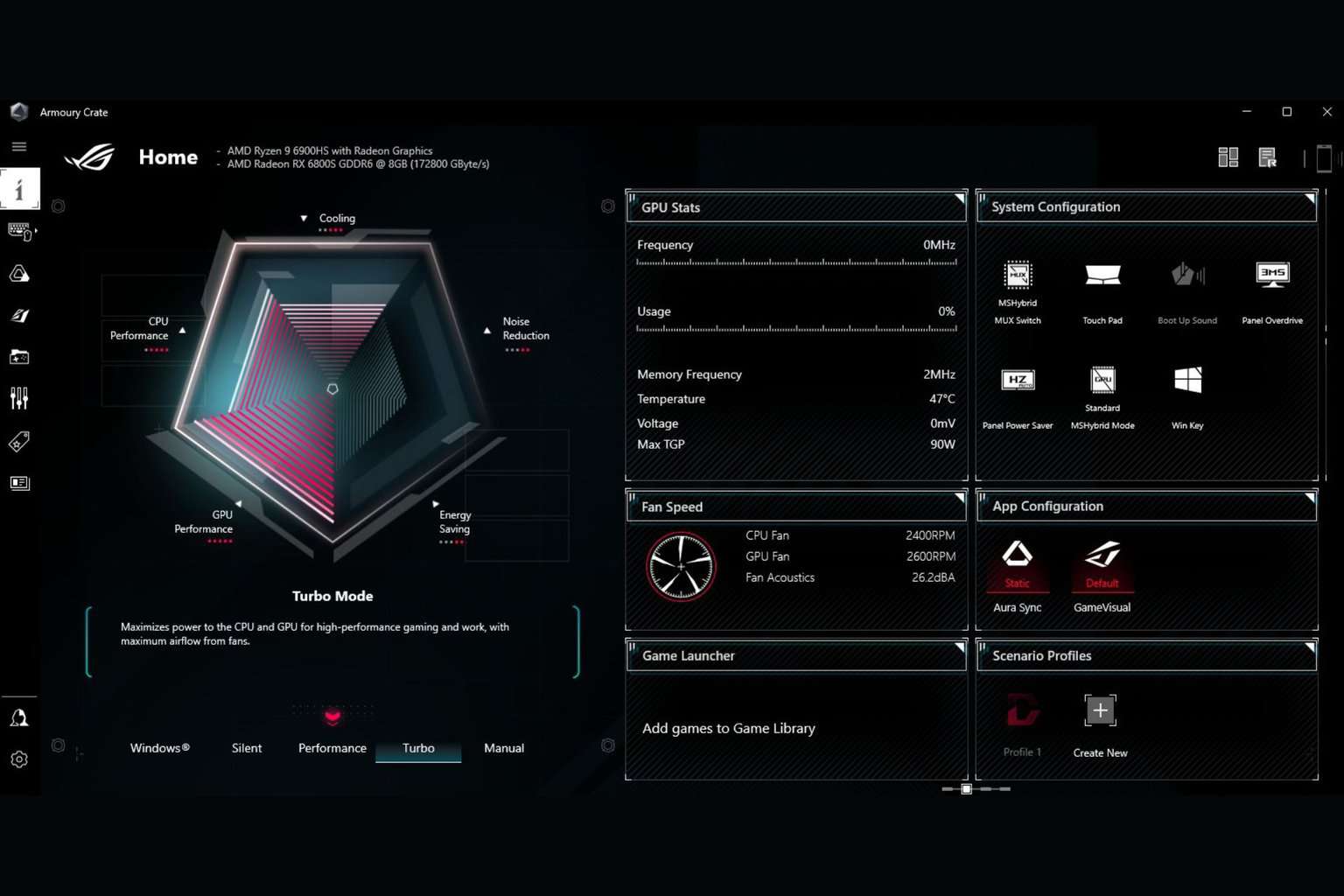
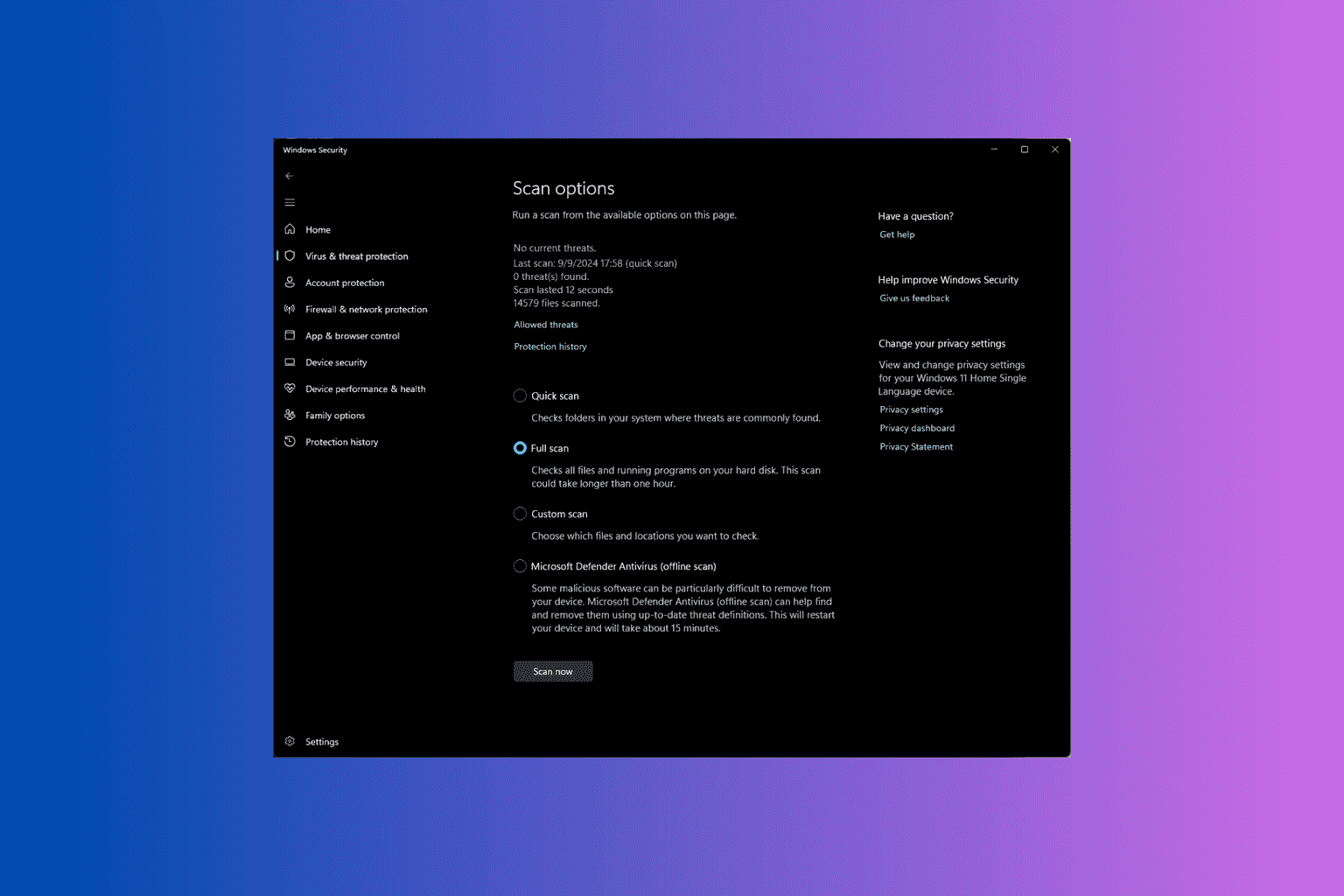
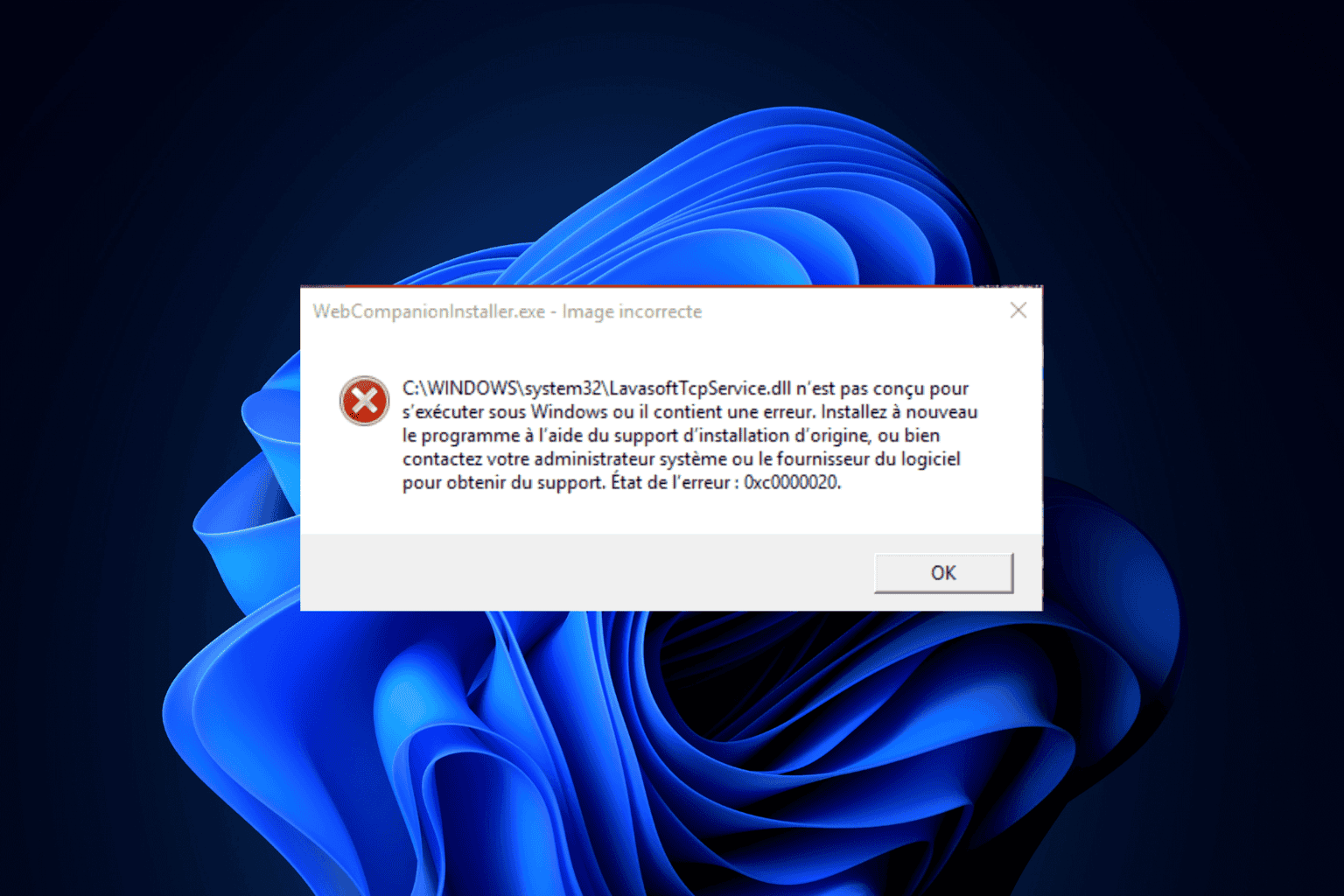
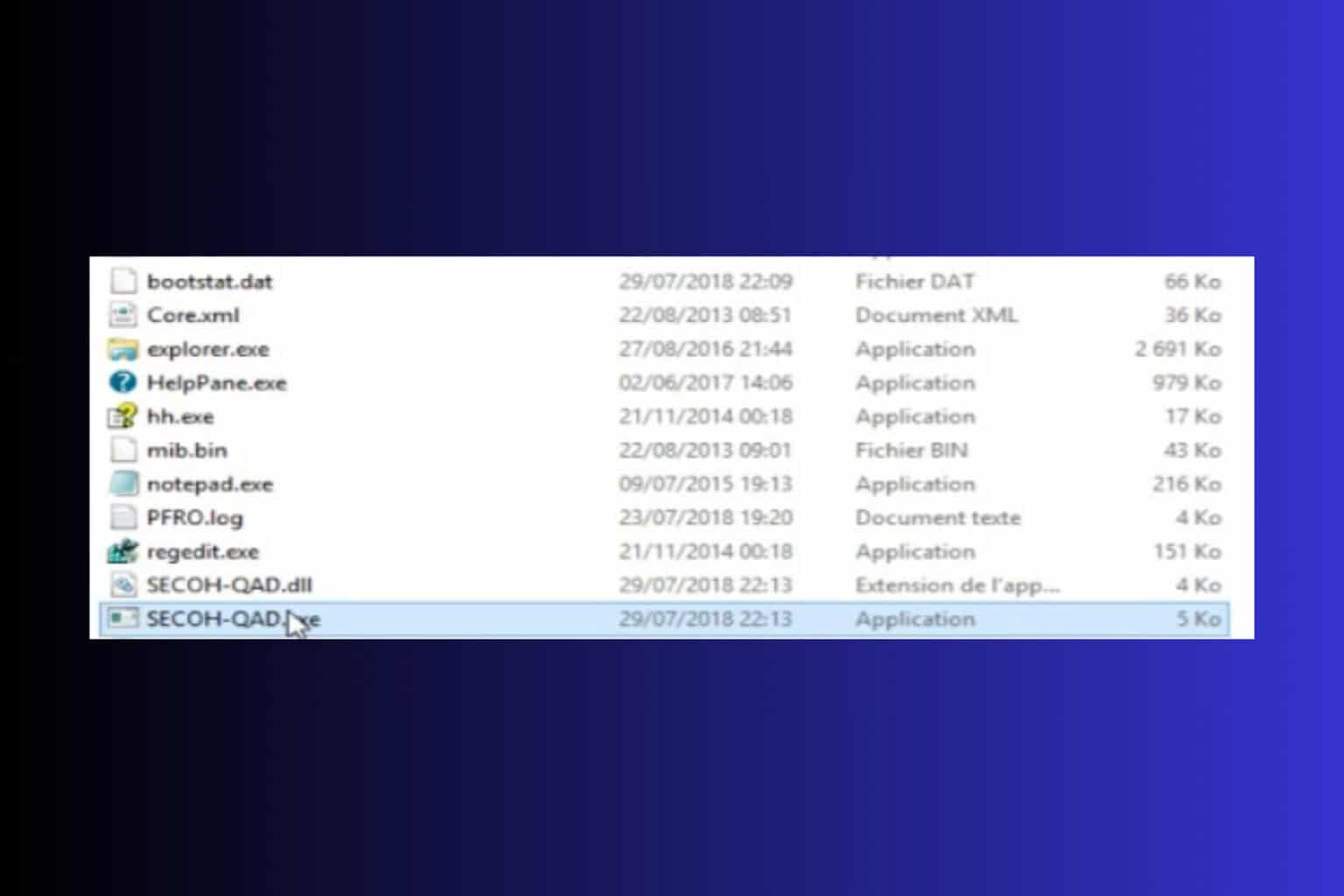
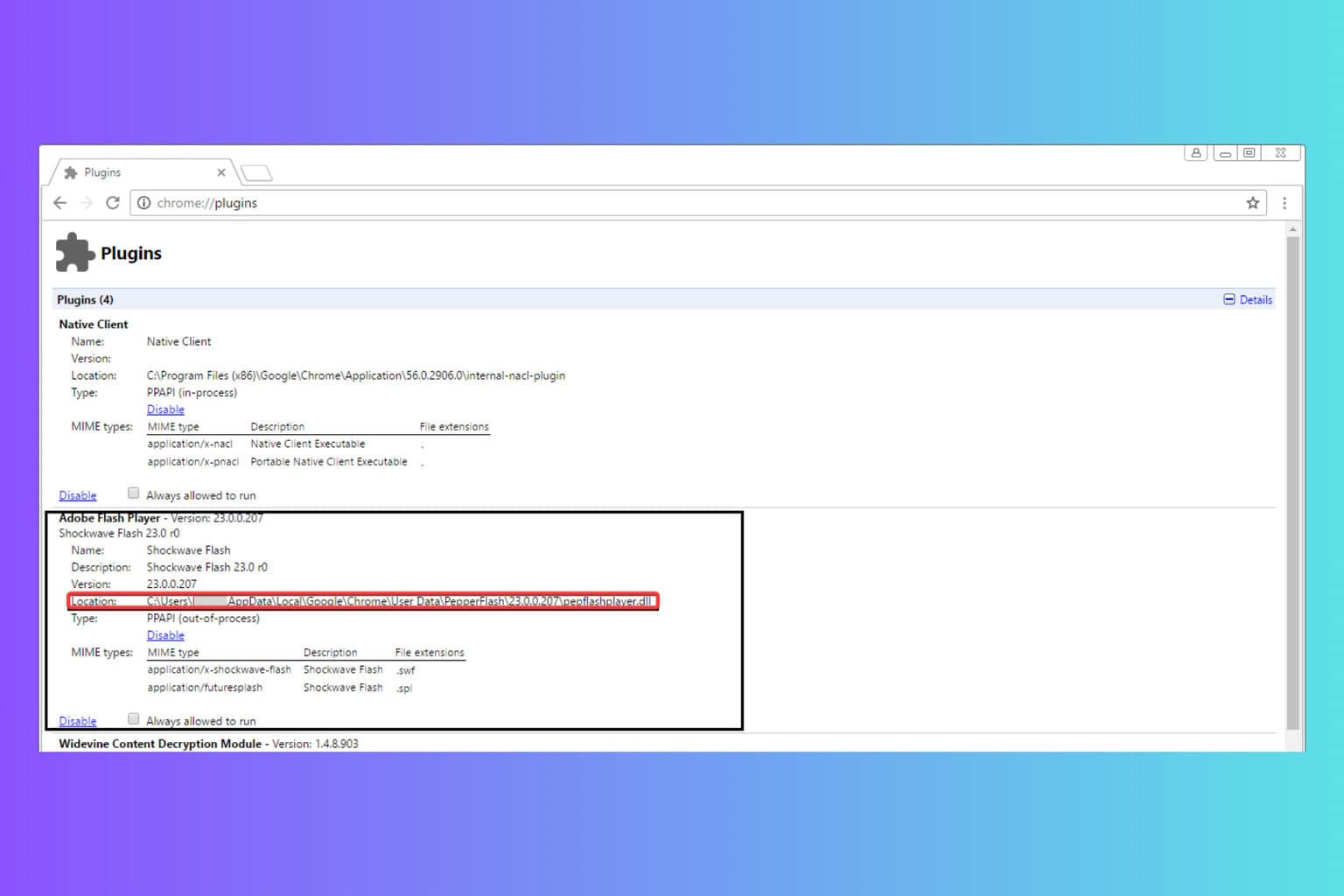
User forum
0 messages